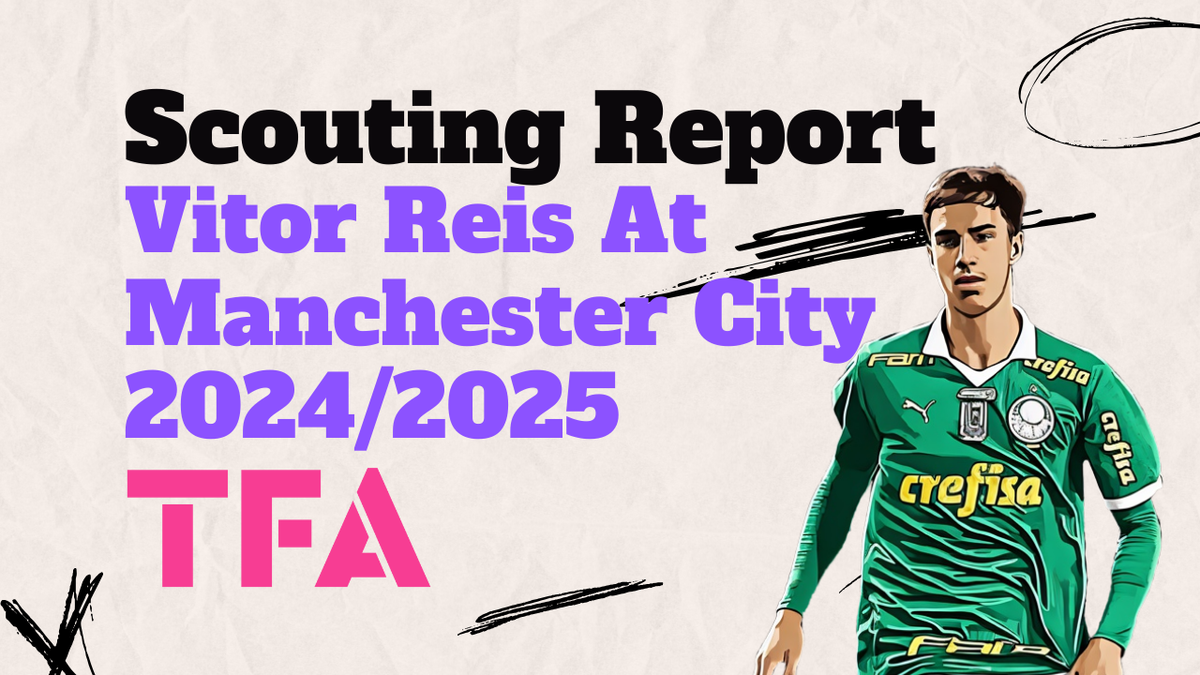Financial Fair Play (FFP) rules have been pivotal in maintaining the economic integrity of clubs; before it, we were seeing absurd spending sprees like QPR’s spell in the Premier League. However, spending sprees are far from eradicated, and we’re seeing a divide in punishment for breaching these rules.
With Arsenal and Liverpool losing on the weekend, many punters, including those using betting sites that are not on gamstop, will have lost some money backing their team. But, this raises the question of Manchester City, who at this point feel inevitable when it comes to picking up league titles, and the large, dark cloud that hangs over the club. In the minds of some of our magazine readers, if the charges were hypothetically realised this season, it would be a matter of being a two-horse race between Arsenal and Liverpool. Yet, this seems unlikely…
The Charges
Manchester City is currently grappling with a whopping 115 charges from the Premier League, spotlighting alleged breaches of Financial Fair Play rules over nearly a decade, from 2009 to 2018.
These charges cover various infractions, including the failure to provide accurate financial details, the manipulation of sponsorship revenues, and inconsistencies in managerial remuneration reports. The breadth and depth of these charges are unprecedented, highlighting potential systemic issues within the club’s financial practices.
Specifically, the club is accused of inflating the value of sponsorship deals linked to their owners, and misreporting the financial compensation of key managerial personnel. The detailed nature of these accusations reflects the Premier League’s commitment to stringent financial oversight, and appears as though there will be a large legal process to unfold.
The Legal and Financial Ramifications
The implications of these charges are severe. Should Manchester City be found guilty, the consequences could range from heavy fines to point deductions, or even relegation from the Premier League. Given the point deductions for other clubs with far fewer charges, the precedent appears to be set, and a fine only would be out of the question. The club’s past dealings, including previously overturned penalties by the Court of Arbitration for Sport (CAS), have only added layers of complexity to the case.
The investigation process itself is lengthy and involved, due in part to the volume of charges and the detailed nature of the alleged breaches. A trial is set to begin in Autumn 2024, with a verdict expected by Summer 2025.
Broader Implications for the Premier League
The ongoing FFP case against Manchester City raises questions about the consistency of such enforcement across different clubs.
While Manchester City contends with an unprecedented number of charges, there is an undercurrent of concern regarding whether larger clubs like City receive different treatment compared to smaller clubs such as Everton, which faced quicker resolutions to their financial breaches. Critics argue that this could reflect a “too big to fail” approach for financially influential clubs, because a punishment of relegation, which would be both dramatic and appealed, may unwillingly be the proportionate punishment. However, it can also be said the delays are justified, and shows the intent to investigate the situation thoroughly.
Conclusion
As this legal battle unfolds, the eyes of the football world will remain fixed on Manchester City and the Premier League. The outcome of this case could have lasting implications not only for Manchester City but for the enforcement of financial regulations in football globally. It could also have a say in not just the upcoming Premier League titles, but perhaps retrospectively for the past decade of Blue dominance…





Comments